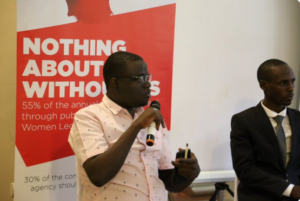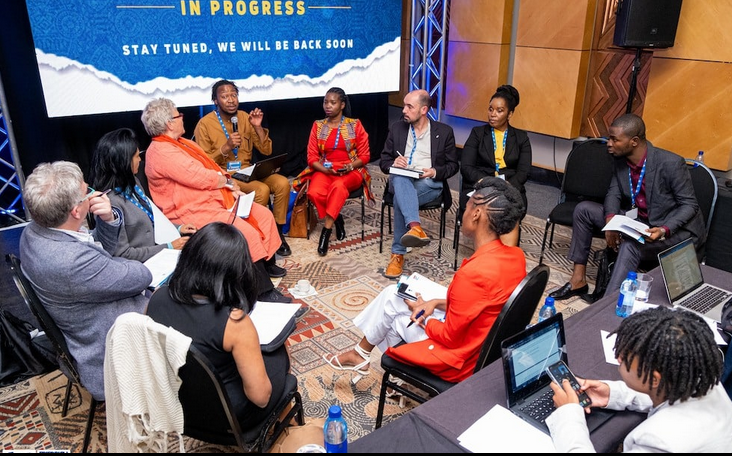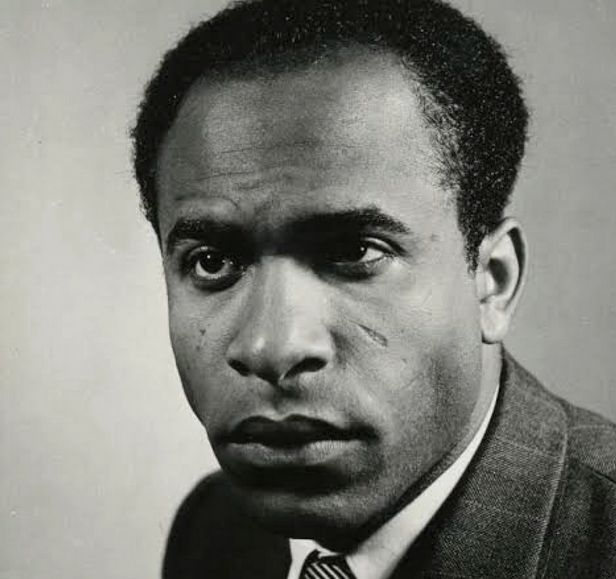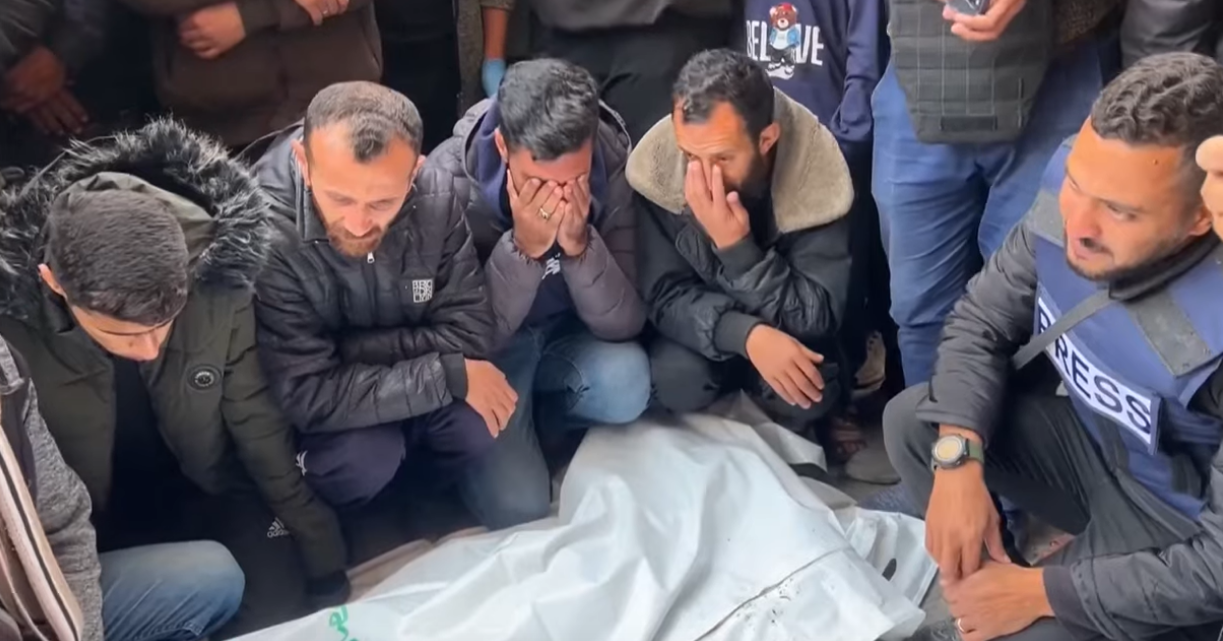Photos: Fesmedia Africa\Twitter
Two separate court decisions – in Nigeria and South Africa – are being hailed for advancing media freedom and access to information held by public bodies.
Slapping down SLAPPS
The decision by a South African high court to dismiss with costs the private prosecution – by former president Jacob Zuma – of journalist Karyn Maughan and Advocate Billy Downer has been hailed as a victory by the media and legal sector, within and beyond the borders of South Africa.
The “Stalingrad” strategy used by Zuma to silence and intimidate critics, as well as delay his corruption case, was initiated in September 2022. According to The Conversation: “Zuma had originally laid charges against the prosecutor in his corruption case, Billy Downer, for [allegedly] giving a medical certificate from the investigation to Maughan. When the police declined to prosecute Downer, Zuma initiated a case against both him and Maughan for disclosing the information.”
While the judgment “reinforces the right of reporters to be free to do their job of covering important court cases without hindrance or harassment,” the legal victory for media freedom comes at a substantial cost.
In addition to the legal onslaught, Maughan has had to contend with an endless barrage of vicious, racist and misogynistic online attacks from Zuma supporters, and in particular, from his daughter Duduzile.
Maughan explained that while the litigation and the social media harassment failed to silence her, she was affected. “I would love to write that, despite the worst intentions of those who have harassed and threatened me, I remain unscathed. But that would not be true. I have been damaged by this. It is hard to write these words down, because – when I say them – they feel like an admission of failure. That, by me conceding that the last nine months have made me a smaller and more battered and anxious version of myself, I will be admitting that those who tried to silence me have won.”
A win for access to information
Media Rights Agenda’s consistent use of strategic litigation as a tool to further access to information rights was bolstered by a court decision ordering the Central Bank of Nigeria (CBN) to pay the organization 1 million naira (US$2100) and to disclose the information it had requested.
In May 2020, MRA wrote to CBN in an effort to ensure that consumers’ data was being protected. Along with concerns about the financial institution’s alignment of data protection policies with the Nigeria Data Protection Regulations (NDPR) 2019, MRA also requested information about the detailed audit report CBN conducted of its privacy and data protection practices, along with relevant data privacy instruments and data protection directives.
In his judgment, Justice Okorowo agreed with MRA that “the failure of the CBN to give written notice to the organization [MRA] that access to all or part of the information requested, would not be granted, as well as its failure to state the reasons for its denial of access and the section of the Act under which the denial was made, amounted to a violation of section 4(b) of the Act.”
Online and offline rights featured during Windhoek conference
Freedom of expression, access to information, press freedom and digital rights were headline topics at the recently held Information and Communication conference co-hosted by Fesmedia Africa and Special Rapporteur on Freedom of Expression and Access to Information in Africa – Commissioner Ourveena Gerveesha Topsy Sonoo, representing the African Commission on Human and Peoples’ Rights, in partnership with the UNESCO Windhoek office and the Namibia Media Trust (NMT).
The three-day event was held in Windhoek, Namibia, and featured lively discussions about regional challenges including the shrinking of physical and online spaces along intersectional lines. Media practitioners, human rights defenders, information and communication rights advocates, public officials, academics, and independent researchers met to explore topics including holistic approaches to access to information, freedom of expression, digital rights, surveillance, capitalism, technology and the right to privacy in Africa, as well as how to build strong regional and continental relationships to deal with these and other challenges. The event culminated in a significant outcome statement.

In his keynote address, Namibian information Minister Peya Mushelenga emphasized the importance of protecting human rights and freedoms on the internet in the digital age. Noting that the Namibian government: “firmly believes that digital rights, access to information and freedom of expression and the press are inalienable human rights that must be defended at all costs”, Mushelenga emphasized the country’s commitment to the principles contained in the ACHPR Charter.
In pointing out how the internet has broken down barriers, allowing people from diverse backgrounds to access knowledge to inform their decision-making processes, the director of NMT Zoe Titus explained how the conference marked the start of a conversation “that will change the shape and the nature of campaigning for free expression, access to information and digital rights on the continent, especially because of the focus on the framing of ‘community’ to show inclusivity of the most marginalized.”
AFIC takes ATI equity and accountability to East Africa
Throughout June, IFEX member the Africa Freedom of Information Centre held a series of workshops and dialogues across East Africa. The engagements in Ethiopia, Tanzania and Kenya were fortified by AFIC research that highlights numerous systemic deficiencies, in particular with respect to the under-representation of women-led businesses accessing government procurement contracts in the region. In addition to the need for empowerment through skills-building, AFIC stressed the need for women to have access to funding that would allow them to fulfill tender requirements.
The Tanzania trip proved to be the most immediately impactful, with the country’s Public Procurement Regulatory Authority (PPRA) announcing that it would change its law to include special interest groups in public procurement. In its engagement with the PPRA, AFIC had shared insights and recommendations from its country report, which pointed out that only 0.002% of government contracts were awarded to special interests groups such as women.
In Ethiopia and Kenya, AFIC engaged various stakeholders, including research partners and the media, to disseminate the research findings. AFIC’s executive director Gilbert Sendugwa pointed out that corruption was a major hurdle which blocked women-led businesses from winning government tenders, and urged the media to continuously expose malfeasance.

Senegal’s stability
Senegal’s longstanding reputation as a stable democracy upholding media freedom took a hit last month, with the UN Office for the High Commissioner for Human Rights (OHCHR) expressing concern at the “human rights developments in Senegal in recent weeks, where at least 16 people were killed, 350 were injured and more than 500 arrested during three days of protests […]”.
The violence erupted on 1 June, when supporters of Ousmane Sonko took to the streets to protest the two-year jail sentence imposed on the opposition leader. The longstanding legal onslaught against Sonko has been at the centre of many of the skirmishes between the state and rioting citizens. In its documentation of violations against the media in 2021 and 2022, the Media Foundation for West Africa (MFWA) noted the country’s decline on the Freedom House ranking from free to partly free.
Caught in the political fray are the journalists reporting on political events and in particular, on the numerous trials of Ousmane Sonko. As MFWA noted: “journalists appeared to be trapped between the rock of the ruling party and the hard place of the opposition party militants.”
The latest media casualties are Pape Ndiaye, Serigne Saliou Gueye and Maty Sarr Niang. Ndiaye, who has been in detention since March, and Gueye, who was arrested in May, were eventually released on 20 June. Their provisional release comes with conditions – requiring them to report to the prosecutor’s office on the first Friday of each month and inform the judge of any change of address. Ndiaye and Gueye are also prohibited from leaving the country without permission.
Niang, who reports on local politics for the privately owned website Kéwoulo, remains in detention without a scheduled court date. She has been charged with “acts and manoeuvres that could undermine public security” and “usurping the function of a journalist.”

In brief
Journalists from the north west and south west regions of Cameroon underwent training to build resilience in times of crisis, organized by Adisi-Cameroun and facilitated by Collaboration on International ICT Policy for East and Southern Africa (CIPESA). Participants explored an array of strategies and skills to identify and protect themselves from threats including surveillance and harassment.
Moses Kuria, the Kenyan cabinet secretary for trade and industry, became entangled in a media storm for his derogatory remarks against the Nation Media Group. CPJ reports that “on the video he posted on Twitter on June 18, Kuria threatened to fire government officials who advertised with the Nation Media Group, a corporation that owns a number of local and regional newspapers and broadcasters.”
The connections between freedom of expression and civic space were underscored In Toyin Akinniyi’s dissection of the Kenyan and Nigerian elections. She writes about how stakeholders need to invest in better understanding, encouraging and empowering youth to take up leadership in the political and civic space. “We need to demonstrate true commitment to values and ideals underpinning democracy, including diversity and inclusive participation, justice and fairness, freedom of expression, independence of the judiciary, and press freedom,” she said.
Citing the restive Northern Kivu province, the Congolese government has made a formal request to International Criminal Court prosecutor Karim Khan to investigate the upsurge in violence and abuses in the embattled eastern province.
The ACHPR Special Rapporteur on FoE and ATI has written to Zimbabwe’s President Mnangagwa advising him against signing the Criminal Law (Codification and Reform) Amendment Bill into law. Commissioner Topsy Sonoo said “the proposed law will have the effect of curtailing the exercise of rights such as media freedom and freedom of expression, the right to privacy, access to information, freedom of conscience, political rights, freedom to demonstrate and petition, and freedom of assembly and association.”
The “Kizazi Moto: Generation Fire” series, to be launched by Disney, is being acclaimed as a game changer in the world of animation. The 10-part anthology series features the work of animators from six African countries who have derived their inspiration from “ancient histories, folklores and contemporary urban landscapes to present visions of the future from distinctly African perspective.”









Comments are closed.